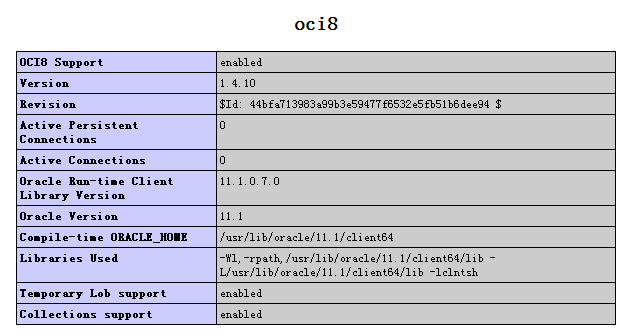|
|
應(yīng)用的方便性做了大概的了解。
session的意義大家都應(yīng)該清楚,一個(gè)session可以包括數(shù)次http的請(qǐng)求和應(yīng)答,
比如我們用163.NET,從login到logout或者超時(shí)就作為一個(gè)session,session
的唯一標(biāo)識(shí)一般是在系統(tǒng)內(nèi)部生成一個(gè)唯一的session ID,一般是一個(gè)挺長(zhǎng)的
字符串。一個(gè)session除了session ID,還可以有自己的session data,可以
記錄和區(qū)分sesion的不同狀態(tài)。
php4對(duì)session操作提供以下接口:
session_start ― Initialize session data
session_destroy ― Destroys all data registered to a session
session_name ― Get and/or set the current session name
session_module_name ― Get and/or set the current session module
session_save_path ― Get and/or set the current session save path
session_id ― Get and/or set the current session id
session_register ― Register a variable with the current session
session_unregister ― Unregister a variable from the current session
session_is_registered ― Find out if a variable is registered in a session
session_decode ― Decodes session data from a string
session_encode ― Encodes the current session data as a string
意義大家一看就能明白,session_start開(kāi)始一個(gè)session,session_destroy結(jié)
束一個(gè)session,session_id取得當(dāng)前的session_id,session_register向當(dāng)前
的session注冊(cè)一個(gè)變量,這個(gè)很有用,比如用戶(hù)逛商場(chǎng),選中了某幾樣商品你
就可以用session_register把商品名稱(chēng)或者代碼register到當(dāng)前的session中。
比如下面例子(摘自php manual):
<?php
session_register("count");
$count++;
?>
Hello visitor, you have seen this page <? echo $count; ?> times.<p>
# the <?=SID?> is necessary to preserve the session id
# in the case that the user has disabled cookies
To continue, <A HREF="nextpage.php?<?=SID?>">click here</A>
session_register可以隱式地激發(fā)session_start(如果用戶(hù)之前沒(méi)發(fā)session_
start調(diào)用),當(dāng)前的session注冊(cè)了一個(gè)變量count,每次用戶(hù)點(diǎn)擊click here
的時(shí)候,這個(gè)變量都會(huì)增一。你可以自己試一下。<?=SID?>的意義不多贅述。
php技術(shù):php4的session功能評(píng)述(一),轉(zhuǎn)載需保留來(lái)源!
鄭重聲明:本文版權(quán)歸原作者所有,轉(zhuǎn)載文章僅為傳播更多信息之目的,如作者信息標(biāo)記有誤,請(qǐng)第一時(shí)間聯(lián)系我們修改或刪除,多謝。



